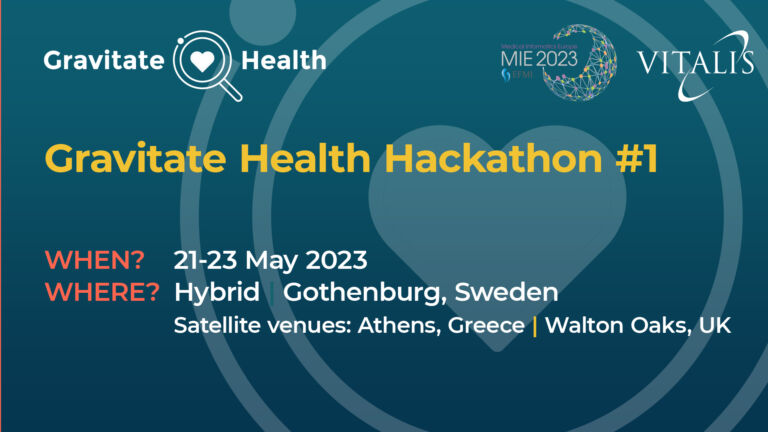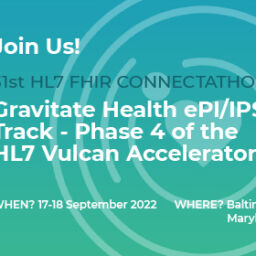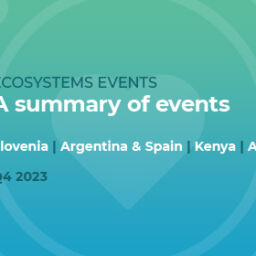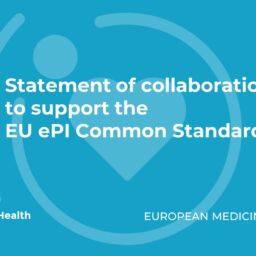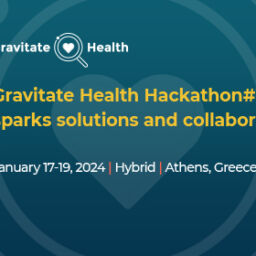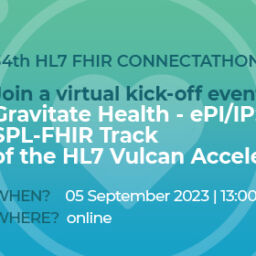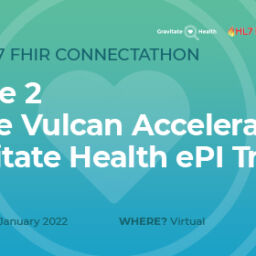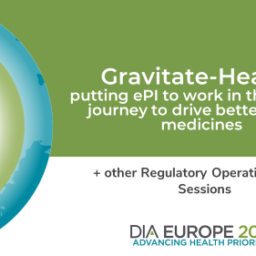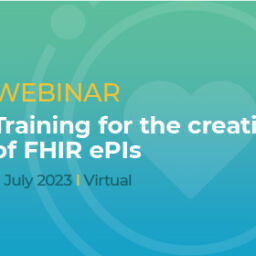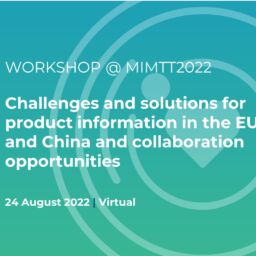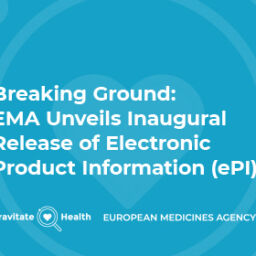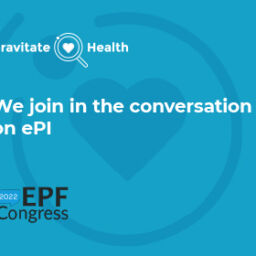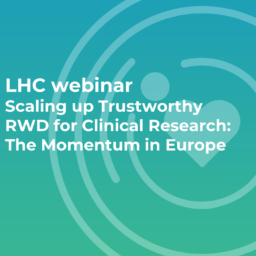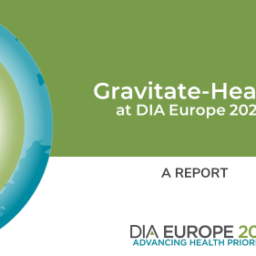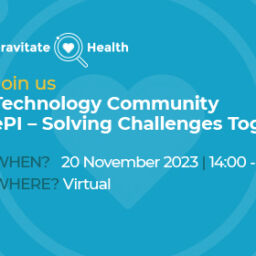Join the 1st Gravitate Health Hackathon!
The 1st Gravitate Health Hackathon will be held in Gothenburg, Sweden between the 21st and 23rd May 2023 during the Medical Informatics Europe 2023 (MIE 2023) and Vitalis conferences from 22 to the 25 of May 2023.
The objective of this Hackathon is to promote industry engagement, Private-Public Partnerships, and support for Small and Medium-sized Enterprises (SMEs). Gravitate Health, now in its third year, has already developed a federated open-source platform (FOSP) that is currently still in development. Consequently, the Hackathon provides a great opportunity to showcase the platform and test its usability. Constructive feedback will be valuable to the FOSP’s further development to serve its goals to empower and equip Europeans with health information for active personal health management and adherence to treatment.
The ePI, interoperability, and the FHIR standard are in the center of development of the FOSP, one of the main outputs of Gravitate Health.
Among the aims of the project is also to stimulate public-private partnerships to:
- Create market-specific applications which can accommodate specific needs of national or local ecosystems;
- Build commercial solutions to serve specific disease areas and add value to the platform.
The MIE 2023 & VITALIS conferences are an ideal environment for the Hackathon to take place. Many diverse stakeholders will have the opportunity to participate and provide their insight and ideas.
Registration period has ended.
What challenges will be addressed at the Hackathon?
In the context of Gravitate Health project, one of the most prominent objectives is to provide patients with the information they need about their medications. However, this information needs to be adapted to the context and preferences of the end-user to achieve effective and optimal understanding.
CHALLENGE 1: ePI Preprocessing
Create ePI preprocessing modules which―given a FHIR format ePI―will automatically add annotations to the content, keeping it in FHIR format.
ePI preprocessing modules do not need to address all annotations, they may focus on specific knowledge; ePI preprocessors may be stacked, i.e., executed sequentially, to generate a complete annotation of the ePI.
The annotation will employ standard terminologies such as SNOMED-CT, LOINC, ICD 10, ICPC-2, as well as International Patient Summaries (IPS’s). Automatic preprocessors are preferred since they will better address the scalability challenge of annotating thousands of ePIs.
CHALLENGE 2: Gravitate Health Lens (G-lens) development
Develop G-lenses using:
(1) the Gravitate Health FOSPS*,
(2) ePIs with embedded semantic annotations (using standard terminologies such as SNOMED-CT, LOINC, ICD 10, iCPC-2),
(3) a persona vector i.e., the information relevant to the patient’s health in an International Patient Summary-IPS, and
(4) the patient’s current context and preferences, create a lens that effectively and optimally adapts the content to preferences and context to provide the patient with relevant information about his/her medicines.
*FOSPS: federated open-source platform services.
Note that:
i) A theoretical model may also be accepted as a solution.
ii) All personas created within Gravitate Health project will be available for the Hackathon.



